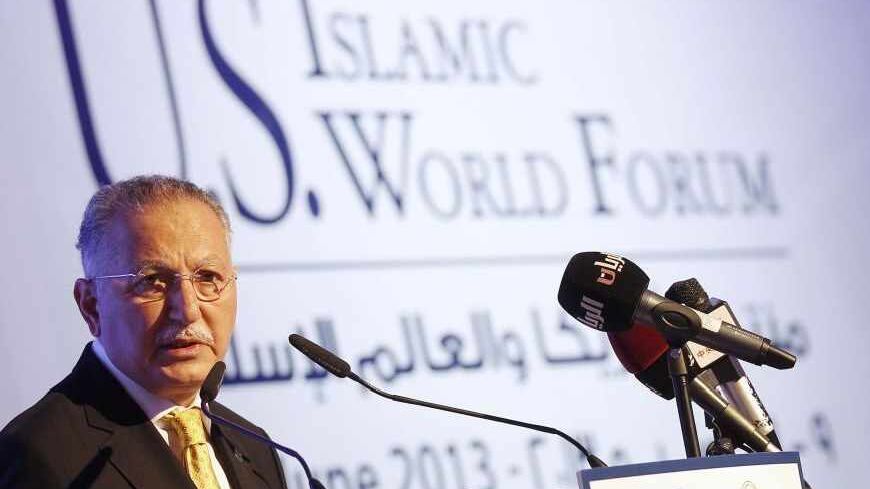What has changed since the government of Turkish Prime Minister Recep Tayyip Erdogan declared in 2009 a policy of zero problems with neighbors? The Arab Spring. The revolutionary developments starting from Tunisia in December 2010 that spread to a number of countries in the Middle East caught the Ankara government by surprise. Until then, Erdogan had a rock star popularity on the Arab street while advancing his gains in the Arab world by building strong relations with leaders being brought down by people today – although maybe not in Syria. Erdogan’s foreign minister, Ahmet Davutoglu, claimed they knew everything about the Arab world, and particularly wanted to show the country’s secular, Kemalist population that the previous governments were wrong for turning their back on the Middle East and keeping regional relations at a low profile. They vehemently argued against those who questioned whether this new policy was a sign of Turkey shifting from the Western axis to the East. The more Erdogan used Israel as the whipping boy, the more these concerns were raised, and more the Arabs loved Erdogan.
Today, however, is a different story. His popularity in the Arab world is no longer assured; he can no longer rally people behind him the way he used to by attacking Israel. There is now something bigger in the making. It’s not only about Israel any more. Erdogan seems to have opened a front with everyone in the region who disagrees with him. Calls from his senior Justice and Development Party (AKP) officials for the resignation of Ekmeleddin Ihsanoglu, secretary-general of the Organization of Islamic Cooperation (OIC), provides a prime example. It reveals that his neo-Ottoman approach to the region was all about his arrogant belief of dominating it. The Erdogan government is not only criticizing the Egyptian army for the coup that brought down the elected Muslim Brotherhood leader Mohammed Morsi, but he is taking aim against all those countries — even including Saudi Arabia — that have a different approach to this affair to his.



